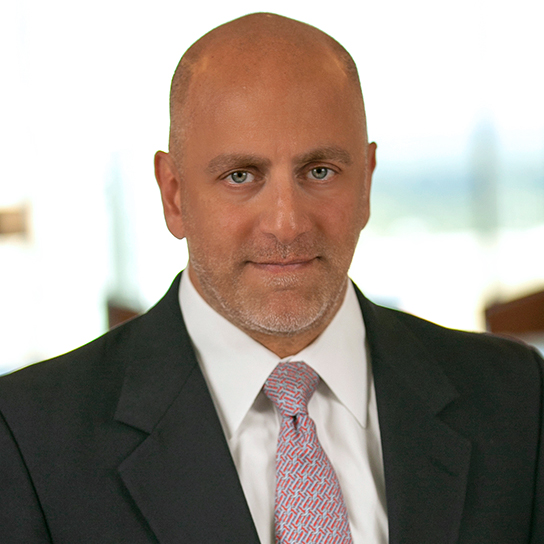Hogan Lovells Publications | Quarterly Corporate and M&A Decisions Update | May 2021
2021 Q1 Decisions Update
RSUI Indemnity Co. v. Murdock et al., No. 154, 2020 (Del. Mar. 3, 2021) (en banc)
Summary
In November 2013, the CEO of Dole Food Company, Inc. (Dole) took the company private. The transaction sparked several related lawsuits; relevant here is a stockholder class action filed in the Delaware Court of Chancery. Following trial in that matter, the Court of Chancery found the CEO and COO liable for breaches of fiduciary duty, making specific findings that both individuals had “engaged in fraud.” The case later settled for the full amount of damages awarded by the Court of Chancery. When Dole tried to recover under its D&O insurance policies, its insurance carriers settled or paid the limits of the applicable policies, with the exception of RSUI Indemnity Company’s (RSUI), which sought a declaratory judgment that RSUI was not liable to fund the settlement. Dole counterclaimed, alleging that RSUI breached the implied covenant of good faith and fair dealing. The Superior Court awarded Dole the full US$10 million limit under the insurance policy plus US$2.3 million in prejudgment interest.
On appeal, RSUI asserted four points of error, each of which the Delaware Supreme Court rejected. First, RSUI claimed that the Superior Court incorrectly applied Delaware law instead of California law. Applying the Restatement (Second) of Contracts, the Delaware Supreme Court found that the lower court properly balanced the relevant factors to determine that Delaware had the most significant interest in applying its law. The fact that Dole’s headquarters was in California or that Dole’s directors and officers lived in and worked in California did not alter its conclusion.
Second, the Delaware Supreme Court rejected RSUI’s contention that the Court of Chancery’s finding that the directors committed fraud rendered the claim uncoverable as a matter of public policy. The Delaware Supreme Court held that Delaware does not have a public policy against insurability of losses occasioned by fraud so strong as to vitiate the parties’ freedom of contract, and that there was a competing public policy interest in that a blanket prohibition against insuring for losses based on director or officer fraud would leave many injured parties with no recovery.
Third, RSUI argued that the parties had specifically excluded fraud from coverage. The policy excluded from coverage “any deliberately criminal or fraudulent act, error or omission by the Insured . . . if established by a final and non-appealable adjudication adverse to such Insured in the underlying action.” While RSUI appealed the Superior Court’s holding that the memorandum opinion did not constitute a “final and non-appealable adjudication,” the Delaware Supreme Court concluded that it need not reach that issue because the Court of Chancery’s decision was not “in the underlying action.” The Delaware Supreme Court further concluded that, at worst, the language was ambiguous, in which case the ambiguity would be construed in favor of Dole.
Fourth, RSUI argued that because the damages related to both covered and non-covered entities, it was not responsible for coverage until Dole could allocate the damages attributable directly to the covered entities. The Delaware Supreme Court held that the lower court was correct in applying the “larger settlement rule” under which the responsibility for any portion of a settlement is borne by the insurer unless “the acts of the uninsured party are determined to have increased the settlement.” Because there was no evidence that the damages increased because the settlement included the claims against the CEO and COO, the Delaware Supreme Court affirmed.
On Dole’s counterclaim, the Delaware Supreme Court found that RSUI had not denied coverage in bad faith and that RSUI had put forward colorable arguments. As a result, the Delaware Supreme Court granted summary judgment in favor of RSUI on Dole’s counterclaim for breach of the implied covenant of good faith and fair dealing.
Back To Listing







